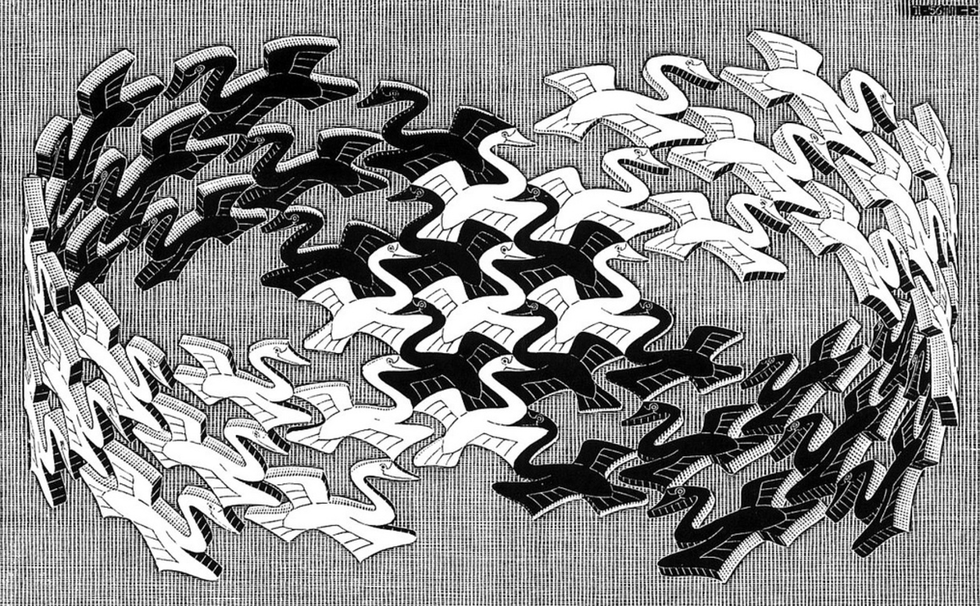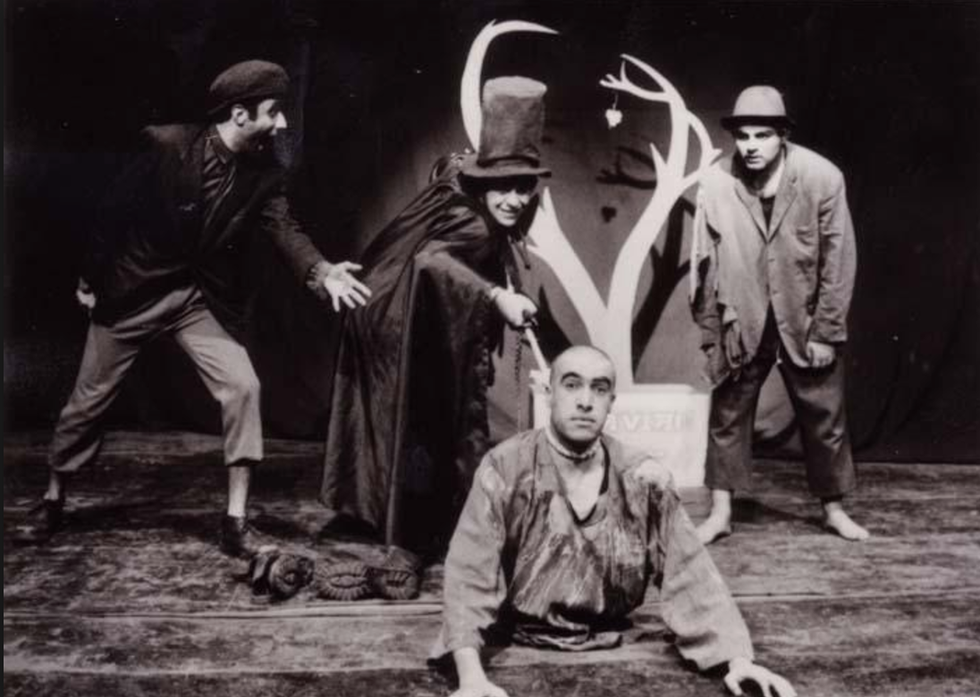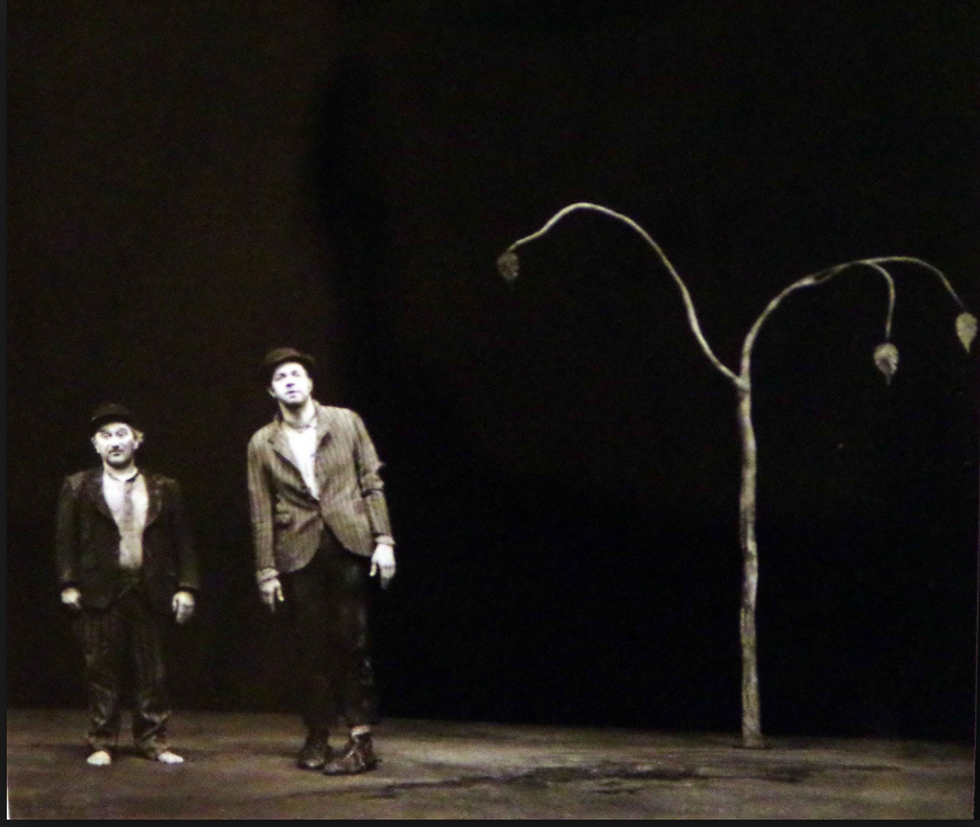Europe in the 1950s saw the rise of a new genre of theater. A wave of plays showcasing absurdist fiction rose to prominence. It was named The Theatre of the Absurd by the British-Hungarian critic, journalist and dramatist Martin Esslin.
The genre was a rebellion against tradition, provoked by the dissolution of failed ideals post World War Two. It dramatizes the questions and themes explored by Existentialism, the philosophical school of thought prevalent at the time. At the center of both is an examination of the human condition: man’s despair, anxiety, and hopelessness in the face of a cold universe.
Plays that come under the Theatre of The Absurd are commonly characterized by the grotesque, the characters featured have their dignity taken away and are rendered clowns. The tragic and the comic are intertwined, black humor is central to the mockery and ridicule. What distinguished the genre as absurd is the lack of a logical plot, where time is flexible, and incoherence of language as characters offer the audience speech devoid of meaning and nonsequiturs. The characters don’t grow during the course of the play nor is any historical narrative about them given.
One of the most iconic playwrights famous for the development of the genre is Irish playwright Samuel Beckett. He spent much of his life in France and from 1946 to 1950 he wrote many of the works he is famous for primarily in French. In 1953 Beckett staged what is referred to as the most influential play of the 20th century, Waiting for Godot, in a small theater in Paris.
The plot follows two characters who await the coming of a mysterious figure named Godot. The whole play details their wait but Godot never arrives. It is set on a mostly empty stage apart from one leafless tree and a big boulder and is filled with slapstick humor and dark undertones with allusions to suicide.
The absence of Godot has been interpreted as the absence of God in the 20th century. Another more compelling interpretation is that Godot represents the happiness or satisfaction in life that never arrives. We all envision a time in the future where we will be happy if only we get a certain job, live in a certain house or move to a certain country etc. However, satisfaction always escapes us even if we succeed in attaining our desires, we orient ourselves towards the future once more.
There is never a definitive answer to what a play attempts to convey in Beckett’s work and often more generally in works of the Theatre of the Absurd. We are spurred to infer for ourselves, Beckett himself stated that the “key word in my plays is perhaps.”
Over all, the genre, also referred to as anti-theater, and often leaves the viewer confused and frustrated at the end due to the lack of logic. However, this is valuable as we are led to explore meaning for ourselves, unravel the mysteries of the incomprehensible dialogue or simply remain blissfully confused. Though the Theatre of The Absurd doesn’t present us with relatable characters or even a narrative, the plot focuses on a condition we are all fraught with: the search for meaning, despair, anxiety and loneliness.




















